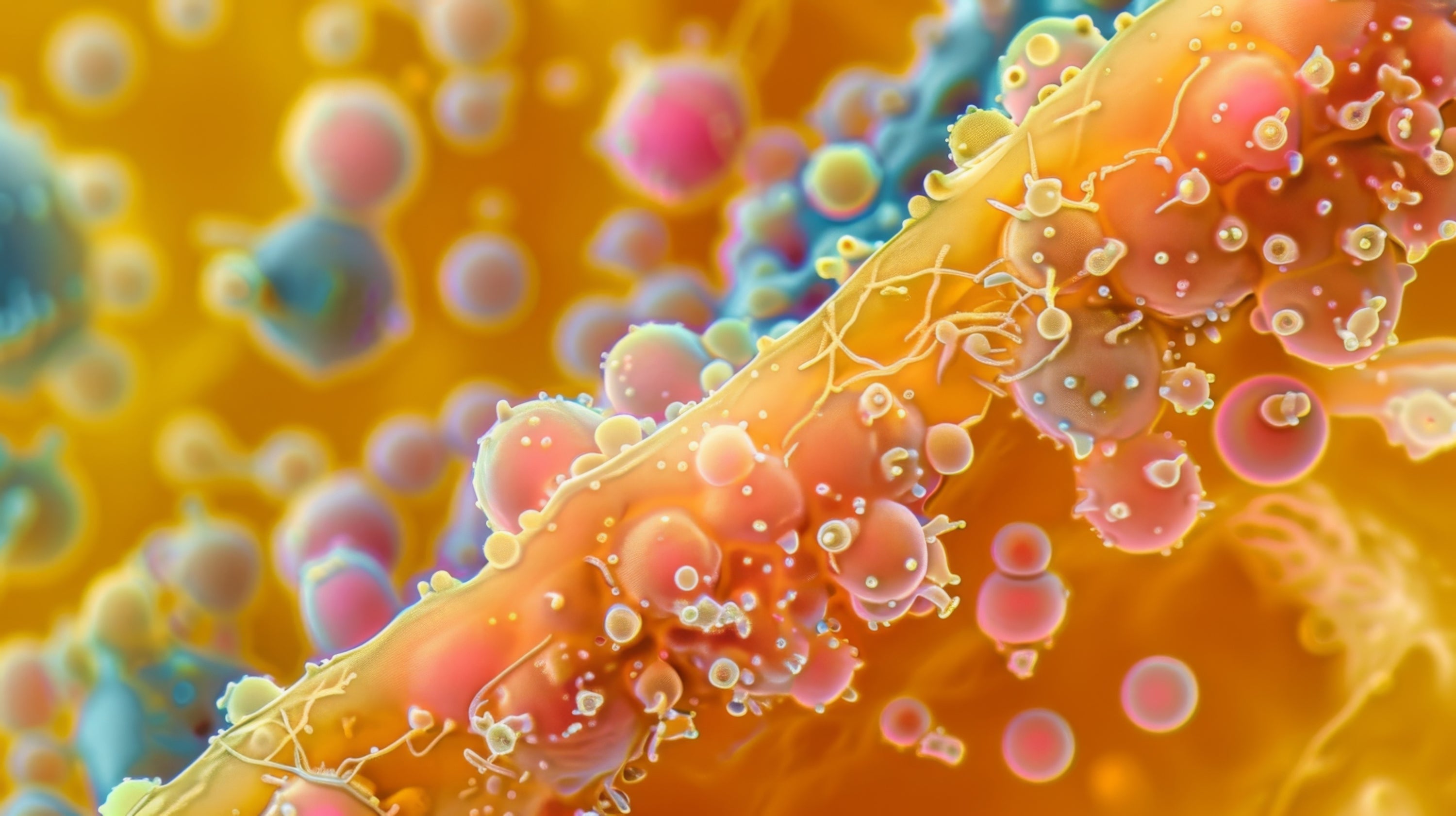Plaque

Have you ever wondered what exactly dental plaque is and how it affects your oral health? Let's dive into the science behind this common dental issue.
What is Dental Plaque?
Dental plaque is a sticky, colorless film of bacteria that constantly forms on your teeth. When you eat or drink, the bacteria in plaque produce acids that can attack tooth enamel, leading to cavities and gum disease.
How Does Plaque Form?
Plaque forms when bacteria in your mouth combine with sugars and starches from the food you eat. If plaque is not removed through regular brushing and flossing, it can harden into tartar, which can only be removed by a dentist.
Effects of Plaque on Oral Health
Plaque buildup can lead to a variety of oral health issues, including cavities, gum disease, and bad breath. In fact, gum disease is one of the leading causes of tooth loss in adults.
Preventing Plaque Buildup
The best way to prevent plaque buildup is to practice good oral hygiene. This includes brushing your teeth at least twice a day, flossing daily, and visiting your dentist for regular cleanings. Additionally, eating a balanced diet and avoiding sugary snacks can help reduce plaque formation.
By understanding the science behind dental plaque and taking steps to prevent its buildup, you can maintain a healthy smile for years to come.








